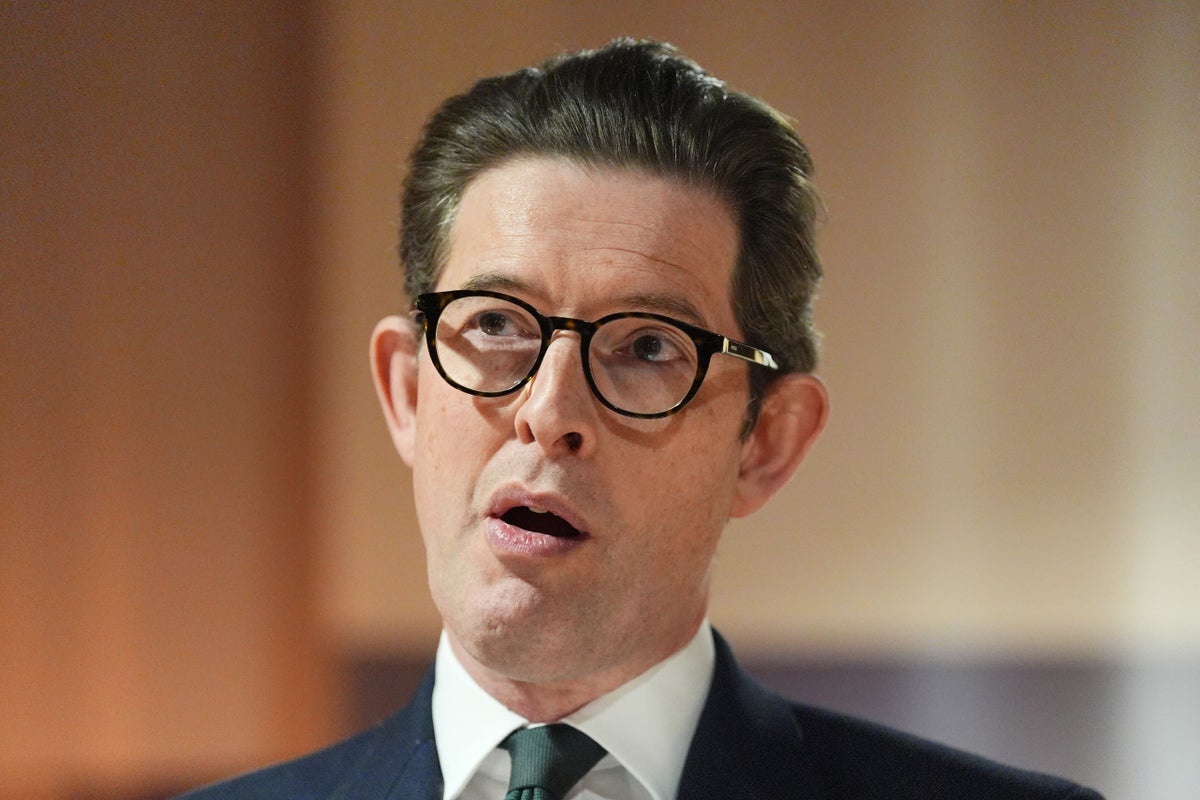
Children made up a fifth of terror suspects arrested last year, the head of MI5 said, as he launched a new centre to tackle the problem of youngsters drawn to extremist violence.
Sir Ken McCallum said terrorism “breeds in squalid corners of the internet” but the online world could also blur people’s motives, making it hard to assess what drives attackers.
The new Interventions Centre of Expertise will manage threats in cases involving adolescents, mental ill health or other complex risks.
Sir Ken said: “Sadly, we continue to see a concerning number of minors in our national security investigations: one in five of the 232 terrorism arrests last year were of children under 17.
“This needs fresh thinking.”
In a speech at the Security Service’s Thames House headquarters in London, he said: “Terrorism breeds in squalid corners of the internet where poisonous ideologies, of whatever sort, meet volatile, often chaotic individual lives.
“The online environment can blur motive, too. Some situations are clear-cut. But it’s often messier.
“In 2025, it can be hard to tell in the immediate aftermath of an appalling violent crime whether the incident is terrorist or state-directed, and thus a national security matter, or non-ideological, driven by a unique personal grievance, fixation or mental disturbance.
“We are particularly conscious of these complexities when it comes to vulnerable young people.”
Recent high-profile cases of youngsters carrying out acts of extreme violence which did not fall within the definition of terrorism include Southport attacker Axel Rudakubana, who was 17 at the time of the attack, and 19-year-old Nicholas Prosper who murdered his mother and two siblings and was on his was to carry out a mass shooting at his old primary school when he was stopped by police.
The new intervention unit, part of the Counter Terrorism Operations Centre, will involve professionals from both national security agencies and the wider public services.
Sir Ken said: “If a vulnerable young person on a pathway towards extremist violence can receive the right support, such that expensive and scarce MI5 capabilities are not needed and fewer children feature in national security prosecutions, that’s good for everyone involved.”
He said MI5 was “probably not the most appropriate wing of the state” to be dealing with the risks “that are brewing inside a small but sad number of our young people”.
